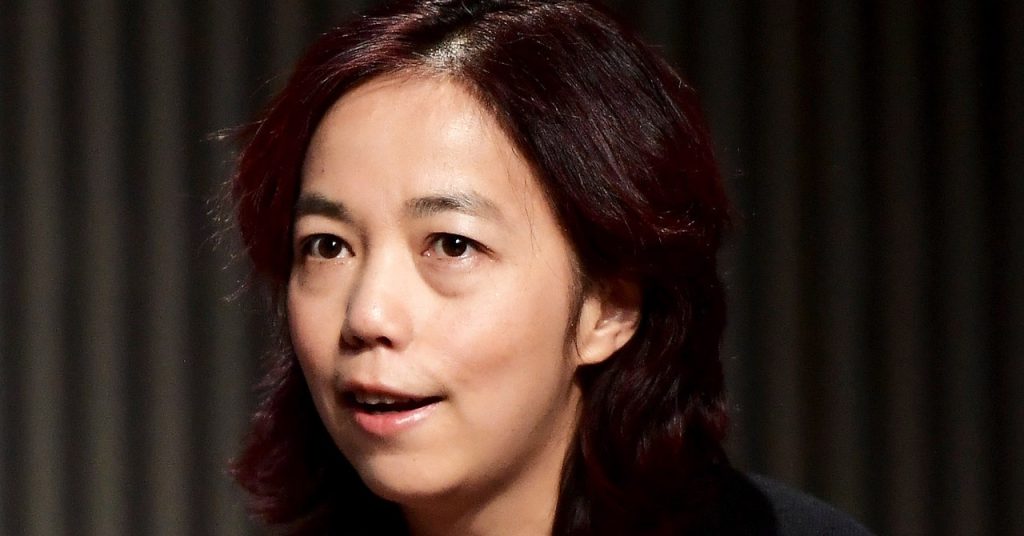
**Fei-Fei Li’s Journey in the Field of Artificial Intelligence**
*Creating a Groundbreaking Book*
Fei-Fei Li, a pioneer in the field of artificial intelligence, was approached by a literary agent early in the pandemic with the idea of writing a book. The approach made sense, given that she has made a significant impact on the field by heading the ImageNet project, a seminal training ground for the AI systems that are now ubiquitous in society.
The Book Challenge
Li accepted the agent’s challenge to write a book during the lockdown and spent the year churning out a draft. However, when her co-founder at Stanford’s Institute of Human-Centered AI (HAI), philosopher Jon Etchemendy, read it, he advised her to start over, this time including her personal journey in the field. This, he felt, was an opportunity to inspire young immigrants, women, and people from diverse backgrounds to pursue AI.
Personal Journey
Li, a private person who was uncomfortable talking about herself, integrated her experience as an immigrant into her book. Arriving in the United States at the age of 16 without a command of the language, she overcame numerous obstacles to become a key figure in the technology space. Her book, “The Worlds I See,” is structured like a double helix, intertwining her personal quest with the trajectory of AI.
ImageNet Creation
One of the most striking parts of her book is the narrative of ImageNet’s creation and implementation. Li recounts her determination to defy colleagues who doubted the possibility of classifying millions of images. The project required not only technical fortitude but also the effort of thousands of people.
Reflection and Impact
The completion of ImageNet in 2009 saw the launch of a contest in which researchers used the dataset to train their machine learning algorithms. The winner, AlexNet, marked a significant leap in deep learning, leading to a boom that still drives the field today. However, Li and her team did not initially foresee that this new way of seeing could also be linked to humanity’s tragic propensity to allow bias to taint what we see.
Addressing Inherent Bias
Li recognized the bias issue and launched AI4All to bring women and people of color into the field. She acknowledges that there are technical and governance solutions to addressing this problem and remains cautiously optimistic about the future of AI.
Conclusion
Fei-Fei Li’s groundbreaking work in artificial intelligence has changed the landscape of technology. Her book, intertwined with her personal journey and the trajectory of AI, is a testament to her enduring contribution to the field and her unwavering dedication to addressing its inherent challenges.

I have been a full-time professional writer for over 10 years, and have written for some of the biggest publications in the world. My work revolves around cryptocurrencies and blockchain technology, and I am widely considered to be one of the leading experts in these fields.I have written two books on the subject matter, and my articles have been featured in major news outlets such as The Wall Street Journal, Forbes, and Huffington Post. In addition to writing, I also give talks and seminars on cryptocurrency investing, and am a regular commentator on CNBC, Bloomberg, and other financial news networks.








